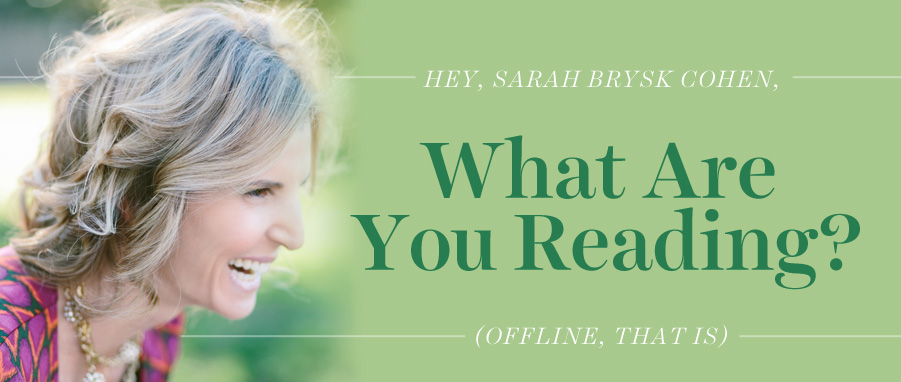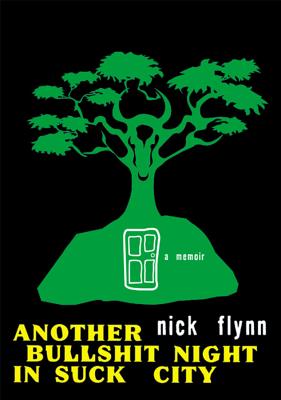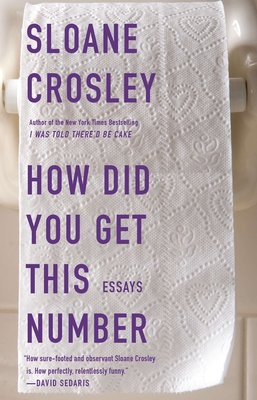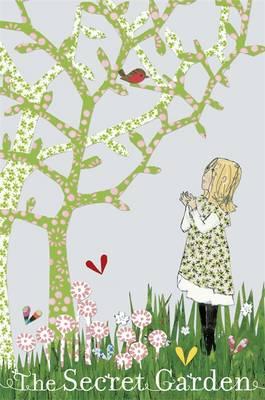Meet the Local is a new series, designed to uncover the differences (and similarities) in how we think and live in different parts of the world. In the next few months, I'll be traveling to Zagreb, Sarajevo, Spain, Portugal, Ghana, Morocco, and Scandinavia. In each place, I'll interview someone who lives locally (although they may have originally come from somewhere else, as you'll see in today's post; I find that to discount people who have immigrated is to deny a core part of a city's makeup, especially in places like London). I'll ask the same set of questions everywhere. This week, meet Carleen Macdermid, from London, England:

What do you like about the place you live?
First of all, I love that it’s London, because I’m Australian---I moved here about eleven years ago. I love how central it is. I walk everywhere nowadays. I almost never get in the Tube. It’s a 40 minute walk home, but I’ll still walk, because you see so much more of London. I’m right by the river. I’m in the middle of everything. I love it.
What don’t you like so much?
It’s made me harder as a person. Australians are notoriously chilled out and easy going. I’ve not become more English because to an Australian it’s very important not to be English but I’ve definitely become a Londoner. I’m hard. People get in the way in the Tube. I’m always in a hurry. When I first moved here, I would see celebrities all the time and now I just see idiots that are in my way and I don’t like that about myself.
What do you normally eat for breakfast?
I almost never eat breakfast. I’m terrible at it. I’m fully aware that it’s the most important meal of the day but I so enjoy my sleep that breakfast gets sacrificed every morning and has done since I was about fourteen.
What do you do for a living? How important is your career to your sense of self?
I currently don’t really do anything, because I’m in the process of being made redundant. I did get kids into apprenticeships for four years, and I was a teacher for seven years, and now I’m on the cusp, so if anyone thinks I’ll be useful to them, they’re welcome to contact me.
I worked really hard over the last six months to get that balance back. For a long time there, my work was absolutely everything, it took all my free time, it took all my focus, and I kind of think if you’re working with young people, that’s important. Now, I like the fact that my focus is more on myself. A better social life, a better work/life balance.
What do you do for fun?
I was a drama teacher for years, and for a long time I didn’t do any of that at all. Now, I do improv, I rehearse with groups, and I’m just in the process of trying to write, to attempt for the very first time, stand up comedy.
How often do you see your family? Tell me what you did the last time you saw them.
I see them very rarely---they’re on the other side of the globe, so the last time I saw them was three and a half years ago, and I helped them pack up and move out of the house I was raised in and move to the other side of the country. My sister and my niece get here in two weeks, and it’ll be the first time they’ve ever visited me over here. After that, I’ll be redundant, so I’m going to pop home to see mum and dad, and it will be the first time in three and a half years.
What’s your biggest dream for your life?
To find something that really satisfies me. I’ve always had jobs that I’ve enjoyed elements of, I liked working with young people, but I’ve never really had anything in my life where I’ve kinda sat there and gone: yeah, I do that, and I’m really happy about it and really proud of it. So I’m determined to track that down, be it in my work or be it in something creative. It’s out there, and I’m gonna find it before I get too old.
If you could live anywhere in the world, where would it be? Why?
I would invent a magical place that was similar to London and had the lifestyle and the get up and go but had my parents a lot closer than 24 hours away by airplane, and had some of the warmth of Australia without turning into the awful, shabby parts of Spain where people go and conglomerate and do awful things.
What are you most proud of?
I am most proud of the fact that my job has always contributed to young people. I spent my entire career in education and training and I can point to literally hundreds and thousands of kids that I’ve helped. I’ve got young people now who are teachers like I was, and other young people that have really good professions because they did apprenticeships with me, and I’ll always have that to be proud of.
How happy would you say you are? Why?
I’m gonna go with 85%. Even at my most unhappy, I never manage to drop below about 65 or 70%, I’m just naturally an upbeat person, but I like the fact that I’m starting to do more for me for the first time in a long time.








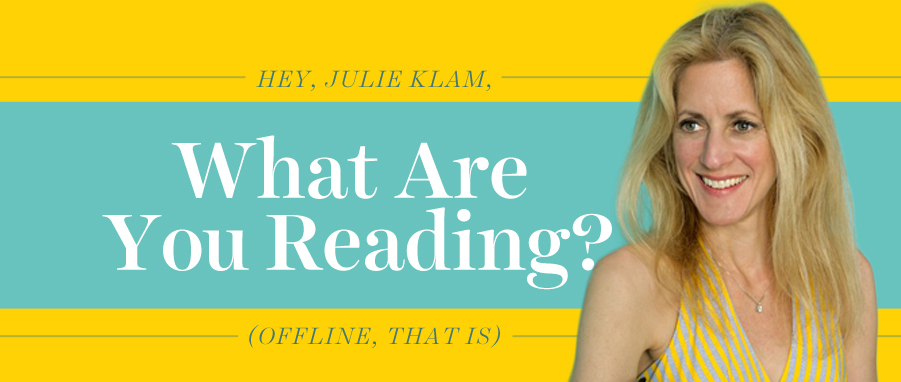
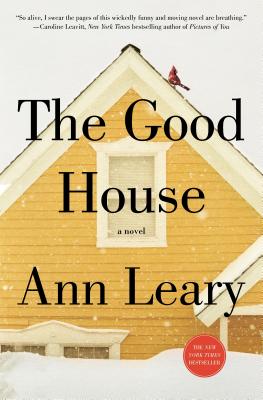
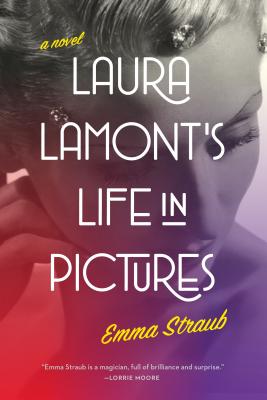
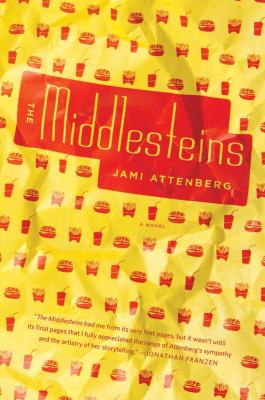








 I wish for you best friends. I
I wish for you best friends. I 


